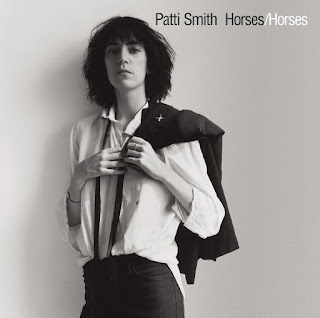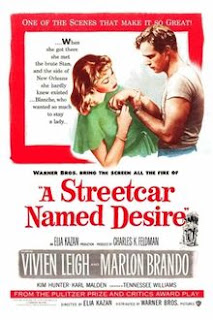Pink Floyd, "Dark Side of the Moon", released March 1973
I've always been a fan of Pink Floyd, primarily because I like the guitar playing of David Gilmour. He's one of those players that you know from playing just a few notes. And the work he did on this album is some of his best ever. I'd definitely recommend the album "Division Bell" if you want to really hear how capable and great he is at guitar. But aside from his playing, the band always made really interesting music and all were very capable musicians. Richard Wright (piano), Roger Waters (bass) and Nick Mason (drums) are all highly regarded as instrumentalists. The band used and invented new studio techniques like looping, synthesizers, and multi-track machines to create new and unique music.This album features several tracks that are now considered their "greatest hits" and has sold over 15 million albums in the US alone. At 45 millions records sold nationwide, it is also one of the best selling albums of all time. The album art has become iconic and when you see it, you automatically connect Pink Floyd to the image.
I really enjoyed this album. I knew all of the tracks with the exception of the few instrumental/transition tracks like "Speak to Me" and "On the Run." If you've listened to any classic rock stations you've heard most of the hits this album produced ("Money", "Time", "Us and Them" and "Brain Damage" aka Dark Side of the Moon). Their music has some oddities to it with the electronic sounds and odd screaming and talking parts but if you can get past those, the music is really great. The lead singing is shared between Gilmour and Waters, both are great but I slightly prefer Gilmour's voice. The track called "The Great Gig in the Sky" is iconic in it's own right and features a female singer named Clare Torry. The saxophone solos by Dick Barry are also so incredible and noteworthy.
If you love classic rock this is an album you've probably already heard. But if you haven't, it's definitely worth listening to from start to finish. And I do agree with Rolling Stone ranking that this album is worthy of being in the Top 50 of all time.
Additional reading:
https://en.wikipedia.org/wiki/The_Dark_Side_of_the_Moon
https://en.wikipedia.org/wiki/Pink_Floyd
King Kong, released April 1933
I had never seen the original version of this movie. I had only ever seen the 1976 remake with Jeff Bridges, Charles Grodin and Jessica Lange. While these older black and white films lack the high quality special effects of today's films, they are no less great. In fact, in some ways maybe they're better. To make this film look even partially believable as it does, the filmmakers had to invent new and recently invented techniques, both in film and special effects. We take for granted how "easy" it is today to create a realistic looking giant gorilla. So from that standpoint it's great that they undertook the task to make this movie. https://en.wikipedia.org/wiki/King_Kong_(1933_film)#Special_effectsThe acting is generally pretty good and Fay Wray is beautiful and believable as a woman fearing her life in King Kong's massive hands. The amount of screaming she did for this movie must have seriously strained her vocal cords.
I'm learning to like these older black and white films. I really haven't seen many in my life but I can understand why older folks like to watch them and why they're still considered some of the greatest ever made. Once you get past the nostalgia of seeing something in B&W, the films generally feature great writing, acting, and directing. I would definitely recommend this to everyone. They consider it a horror picture but it's not that scary considering the quality of the special effects. It might even be a film you could watch as a family as their isn't any nudity or cursing.
Additional reading:
https://en.wikipedia.org/wiki/King_Kong_(1933_film)
Next Week, #42
The Doors, "The Doors"Rear Window

















